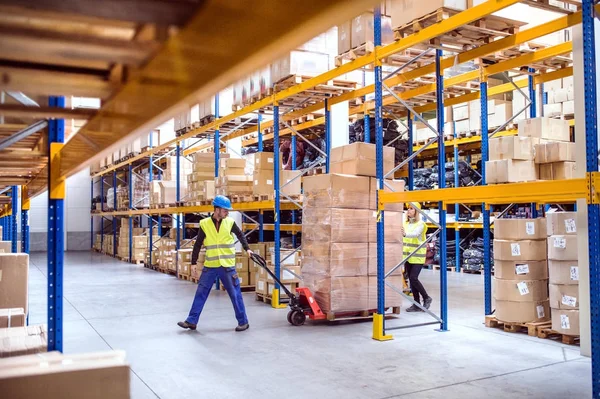Introduction
In the realm of Customs-Trade Partnership Against Terrorism (C-TPAT) compliance, the role of risk assessment is pivotal in safeguarding international trade and fostering a secure supply chain. This comprehensive examination and evaluation process serve as a cornerstone in our commitment to enhancing global security standards.
Understanding C-TPAT Compliance:
C-TPAT, a voluntary partnership between private industry and U.S. Customs and Border Protection (CBP), aims to fortify supply chains against potential terrorist activities and illicit trade practices. One of the key elements in achieving and maintaining C-TPAT compliance is a meticulous risk assessment strategy.
Identifying Vulnerabilities and Threats:
Risk assessment involves a systematic analysis of vulnerabilities and threats within the supply chain. By scrutinizing each link in the chain, from manufacturer to transportation and distribution, potential weak points are identified. These weak points could be exploited by criminal entities seeking to compromise the integrity of the supply chain.
Tailored Approaches for Different Cities and Countries:
Different cities and countries pose unique challenges and risks. A localized approach to risk assessment is imperative to address specific threats associated with each region. Our expert inspectors, accredited under ISO 17020, employ a tailored methodology for each inspection, ensuring a nuanced understanding of the intricacies of the local supply chain landscape.
Customized Risk Mitigation Strategies:
Once risks are identified, the next crucial step is the development of customized mitigation strategies. This involves collaboration with stakeholders to implement targeted measures that address vulnerabilities without compromising the efficiency of the supply chain. Our certified inspectors work closely with clients to create and implement tailored action plans that align with the specific risk profile of the region.
Ensuring Compliance with International Standards:
C-TPAT compliance necessitates adherence to stringent international standards. Through rigorous risk assessments, our inspection agency ensures that clients not only meet but exceed these standards. This proactive approach not only fortifies supply chains against potential threats but also positions businesses as leaders in global trade security.
Continuous Monitoring and Adaptation:
The dynamic nature of global trade requires a commitment to continuous monitoring and adaptation. Our risk assessment services are not static; they evolve in response to emerging threats, changes in regulations, and advancements in security technologies. This adaptability is fundamental to maintaining a resilient and secure supply chain.
Conclusion:
In the realm of C-TPAT compliance, risk assessment stands as a linchpin for ensuring the security and integrity of the global supply chain. Our ISO 17020-accredited inspection agency is dedicated to providing meticulous risk assessments tailored to the unique challenges of different cities and countries. By doing so, we empower businesses to not only meet regulatory requirements but also proactively fortify their supply chains against evolving threats in the complex landscape of international trade.








